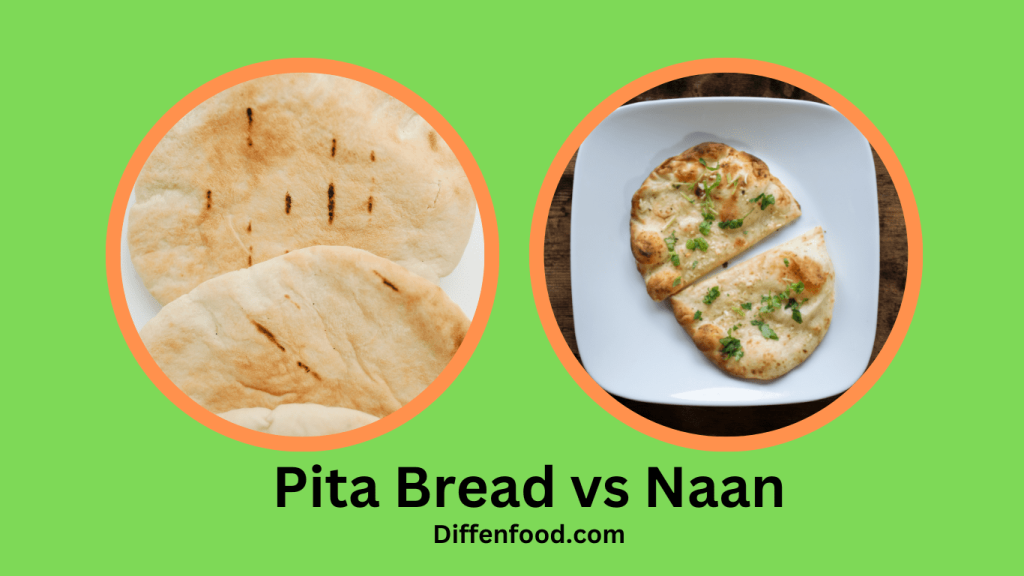
When it comes to baking, vanilla extract is an essential ingredient. It adds flavor and aroma to your finished product. But what do you do when it’s sold out or you simply don’t have enough on hand? It’s important to know what your options are when it comes to finding a decent substitute for vanilla extract. In this guide, we’ll explore the different alternatives you can use to create delicious treats without having to purchase vanilla extract.
What is Vanilla Extract?
Vanilla extract is a concentrated liquid form of vanilla bean pods or vanilla beans. It is made by steeping the beans in a mixture of water and alcohol. The extract is then filtered and bottled. Vanilla extract is a key ingredient across many sweet and savory recipes. It has a distinctive flavor and aroma that adds a depth to the finished product.
Substitute 1: Vanilla Powder
Vanilla powder is a dry, powdered form of vanilla flavoring that is often used as a substitute for vanilla extract or vanilla beans. It is made by grinding dried vanilla beans into a fine powder. The powder retains the aromatic compounds and flavors found in vanilla beans, making it a convenient option for adding vanilla flavor to various dishes and beverages.
Vanilla powder is commonly used in baking and cooking as a flavoring agent. It can be added to recipes such as cakes, cookies, muffins, and custards to impart a rich and sweet vanilla taste. Since it is a dry powder, it can be easier to incorporate into dry ingredients than liquid vanilla extract.
One advantage of using vanilla powder is its long shelf life. It tends to have a longer storage life compared to vanilla extract, which can lose its potency over time. Vanilla powder also offers a more intense and concentrated flavor, so a smaller amount is typically needed compared to vanilla extract.
When using vanilla powder in recipes, it is recommended to use it in moderation and adjust the quantity to taste. Different brands may have varying levels of potency, so it’s advisable to follow the instructions provided by the manufacturer or experiment to achieve the desired flavor.
Substitute 2: Vanilla Syrup
Vanilla syrup is a sweet liquid flavored with vanilla that is commonly used as a sweetener and flavoring in various beverages and desserts. While it can be used as a substitute for vanilla extract in some recipes, it is not an exact replacement due to differences in consistency and sweetness. However, it can still add a pleasant vanilla flavor to your dishes.
When substituting vanilla syrup for vanilla extract, keep in mind that vanilla syrup is much sweeter and more liquid than vanilla extract. Here’s how you can use vanilla syrup as a substitute:
- Adjust the sweetness: Since vanilla syrup is sweetened, you may need to reduce the amount of sugar or sweetener in your recipe to balance the sweetness. Decrease the sugar content accordingly based on the sweetness of the syrup you are using.
- Increase the liquid: Vanilla syrup has a higher liquid content compared to vanilla extract. To compensate for this, you might need to reduce other liquid ingredients slightly or add a thickening agent if necessary.
- Adjust the quantity: As vanilla syrup is less concentrated in flavor compared to vanilla extract, you may need to use a larger amount to achieve the desired vanilla taste. Start by substituting an equal amount of vanilla syrup for vanilla extract, then adjust to taste if needed.
Substitute 3: Vanilla Bean Paste
Vanilla bean paste is a thick, concentrated mixture made from vanilla bean seeds, vanilla extract, and sometimes sweeteners or thickening agents. It is often used as a substitute for vanilla extract in recipes and provides a similar flavor profile with the added bonus of visible vanilla bean specks.
When using vanilla bean paste as a substitute for vanilla extract, you can typically replace them in equal amounts. However, keep in mind that vanilla bean paste is slightly thicker and contains some additional ingredients, so you may need to make slight adjustments to the recipe.
Here are a few tips for substituting vanilla bean paste for vanilla extract:
- Quantity adjustment: Start by using an equal amount of vanilla bean paste as the amount of vanilla extract called for in the recipe. If the recipe requires a small amount of vanilla extract, such as a teaspoon, you can simply use a teaspoon of vanilla bean paste as a replacement.
- Adjust other liquids: Since vanilla bean paste is thicker than vanilla extract, you may need to slightly reduce other liquid ingredients in the recipe to maintain the desired consistency. This is especially important in recipes where precise liquid ratios are crucial, such as in delicate baked goods.
- Enjoy the visible specks: One of the advantages of using vanilla bean paste is the visible specks of vanilla bean seeds it contains. These specks can add a lovely visual appeal to your dishes. Keep in mind that the specks may not completely dissolve during baking or cooking, but they will add an extra burst of vanilla flavor.
Substitute 4: Vanilla Sugar
Vanilla sugar is a simple and flavorful ingredient made by infusing granulated sugar with the aroma and flavor of vanilla. It is commonly used to add a touch of vanilla sweetness to recipes, such as baked goods, beverages, and desserts. While it is not a direct substitute for vanilla extract, it can still contribute a pleasant vanilla flavor to your dishes.
make vanilla sugar
- Split a vanilla bean lengthwise: Take a vanilla bean and cut it in half lengthwise, exposing the seeds inside.
- Combine vanilla bean and sugar: Place the split vanilla bean in an airtight container or jar and pour granulated sugar over it. Use a ratio of about 1 vanilla bean for every 1 to 2 cups of sugar, depending on how strong you want the vanilla flavor.
- Seal and infuse: Seal the container tightly and let the vanilla bean infuse the sugar for at least one week. During this time, the aroma and flavor of the vanilla will permeate the sugar.
- Use or store: Once the sugar is infused, it is ready to use. You can store it in an airtight container for future use, and the flavor will continue to develop over time.
using vanilla sugar as a substitute for vanilla extract
- Adjust sweetness: Vanilla sugar contains the sweetness of sugar along with the vanilla flavor. You may need to reduce the amount of additional sugar or sweetener called for in the recipe to balance the sweetness.
- Use in recipes that require sugar: Vanilla sugar works best in recipes that already call for sugar. It can be used in baked goods, such as cookies, cakes, and muffins, or in sweet beverages like coffee, tea, or hot chocolate.
- Enhance flavor: Vanilla sugar can be used to enhance the vanilla flavor in recipes. For example, if a recipe calls for vanilla extract, you can substitute a portion of the granulated sugar with vanilla sugar to add extra vanilla notes.
Vanilla Extract Alternatives
If you don’t have any of the above options on hand, there are still other alternatives you can use to substitute for vanilla extract. Here are a few of the best alternatives to vanilla extract.
Maple Syrup
Maple syrup is a great substitute for vanilla extract. It has a strong, sweet flavor that adds depth to baking recipes. It is also a great option for adding sweetness to drinks or desserts.
Coconut Milk
Coconut milk is a great substitute for vanilla extract. It has a sweet, coconut flavor that adds depth to baking recipes. It is also a great option for adding sweetness to drinks or desserts.
Molasses
Molasses is a great substitute for vanilla extract. It has a strong, sweet flavor that adds depth to baking recipes. It is also a great option for adding sweetness to drinks or desserts.
Vanilla Extract Substitutes
When it comes to finding the perfect substitute for vanilla extract, there are many options to choose from. While artificial flavors are an option, many people choose to opt for natural alternatives. Vanilla powder, syrup, paste, and sugar are all great options for a natural substitute. Maple syrup, coconut milk, and molasses can also be used as alternatives.
Conclusion
In conclusion, when it comes to finding a substitute for vanilla extract, there are many options to choose from. While artificial flavors are an option, many people choose to opt for natural alternatives. Vanilla powder, syrup, paste, and sugar are all great options for a natural substitute. Maple syrup, coconut milk, and molasses can also be used as alternatives. No matter which substitute you choose, it’s important to remember that not all substitutes are created equal. Make sure to read labels and taste test to determine which option will work best in your recipe.


